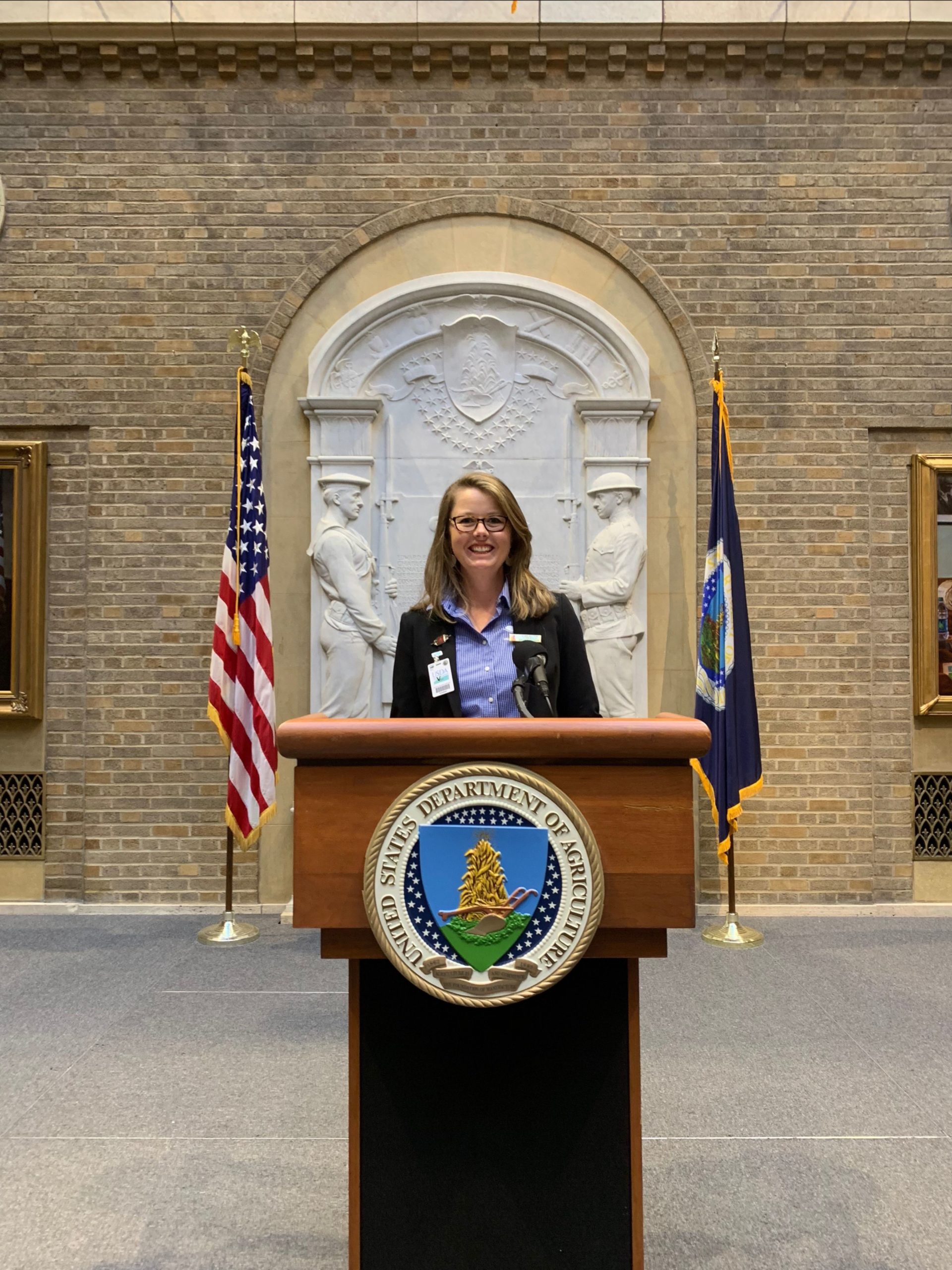To meet future workforce challenges, there needs to be greater alignment between industry bodies to ensure secondary school students are exposed to the benefits and opportunities of a career in Australia’s agricultural sector. That’s according to a report by Clare Peltzer, who with support from Meat & Livestock Australia, investigated global programs that sought to better attract and retain young people into pursuing a career in agriculture.
Travelling across Belgium, Bulgaria, Canada, the Czech Republic, England, Germany, Ireland, Italy, Kenya, the Netherlands, New Zealand, Qatar, Romania and the United States of America, Ms Peltzer met with schools, universities and agricultural industry advocates to identify global programs that would be applicable in an Australian context.
Motivated by her part-time work as a secondary education agriculture teacher, Ms Peltzer said to meet future food supply targets and ensure the continuum of individuals entering the agricultural workforce, it’s vital students are frequently exposed to agriculture during pivotal times in their education.
“The full spectrum of career prospects available in agriculture are not well understood and therefore not pursued, so we need to expose students to authentic agricultural experiences across both urban, regional and remote schools. Through my travels I identified a number of established and successful programs working to attract students into post-16 agricultural studies. However, like Australian-based programs, they are frequently implemented in isolation and not revisited during pivotal schooling years.
“When travelling in the United Kingdom (UK), I met with an industry representative from the National Farmers Union who introduced me to the Science Capital framework, a tool which measures an individual’s exposure to and knowledge of science. Adopted in the UK to identify reasons why a student pursues a career in science, the framework has created coordinated change in science education policy and practice. From implementing professional training programs to changing language used in the classroom to better encapsulate the diversity of the sector, this framework has enabled students to broaden their understanding and perception of career opportunities within the sector. Though designed for the teaching of science, the parallels that can be drawn between perception, barriers to entry and the science-based nature of the work, could be of significant value to an Australian agricultural context.”
In the report, Ms Peltzer outlines the need for coordinated effort within the industry to deliver programs that broaden understanding and showcase the diversity of careers within agriculture and its various industries.
“In Ireland for example, teachers often utilise the ‘FaceTime a Farmer’ initiative to directly connect classroom with farm; harnessing the power of digital communications to inspire, engage and educate young people. Australia would greatly benefit from developing an Agricultural Capital framework, to align various industry bodies and ensure youth are frequently exposed to the diversity of the sector. A coordinated approach will ensure that students between 12 and 16 years, from farming and non-farming backgrounds, are exposed to the diversity and viability of a career in agriculture. Applying the Science Capital framework in the context of Australian agriculture will not only identify deficiencies in the interface between early schooling years and a career in agriculture, but will help ensure all efforts aimed at attracting the next generation are strategic and coordinated. The state of Tasmania would be an ideal pilot study for this framework, as it’s economically dependent on agriculture and has a strong foundation of existing programs in which global examples could be integrated or altered to suit. This framework would act as a common document to be utilised by schools, industry bodies and other stakeholders to equip young people with the knowledge of the vast career opportunities within agriculture, building capacity and futureproofing our workforce.
“It’s vital that we place a greater focus on encouraging the next generation into agriculture, by ensuring frequent and coordinated interactions with the sector during pivotal schooling years.”




